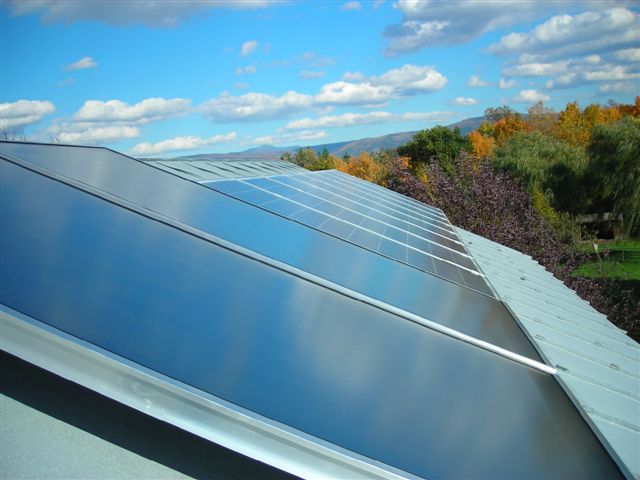Op-Ed: Opposition Must Consider Facts
Reprinted from The Addison Independent
December 23, 2014
Dylan Zwicky of Burlington is a Clean Energy Associate for VPIRG and a native of Addison County.
Details are important when discussing energy policy, especially when it comes to our state’s future. That’s why I was so concerned to read two recent opinion pieces in the Addison Independent written by Paul Stone. (“Acts 248 and 250 need local input” on Nov. 26 and “State needs new solar-siting rules” on Dec. 10).
Both pieces lack such essential attention to detail. He wrongly names “Act 248” as the Vermont statute covering energy permitting for the state. It is in fact Section 248 of Title 30 — Act 248 is a mental health law. It is concerning that Mr. Stone pretends to understand the permitting process for energy projects in Vermont, yet has not taken the time to look at, or even double-check the name of, the relevant law. This mix-up is just one example of a larger disregard for facts in Stone’s pieces.
Personally, I like the look of solar. Seeing solar on rooftops and in fields around the state gives me hope that we may yet build a future based on clean energy — one where future generations of Vermonters don’t have to fear more and more storms like Irene. Mr. Stone, on the other hand, clearly doesn’t like the way solar panels look. That’s his right, of course, but disagreements over aesthetics need to be had in the larger context of why we’re building solar in the first place: to transition our state away from the fossil fuels that are quite literally destroying the planet. There are a whole host of factors that go into siting energy projects. Making a solar farm as pleasing to as many eyes as possible is just one of many considerations, including access to appropriate power lines and to sunlight.
In his first piece, Stone makes the rather extraordinary claim that “Act 248 (sic) seems to have no criteria for energy project siting … (and) directs that the three Public Service Board members approve or disapprove mainly by their own philosophy and reasoning.” Even a cursory skim of Section 248 makes it clear this statement has little basis in reality. Section 248 requires the Public Service Board to give consideration to eight of the 10 criteria outlined in Act 250, as well as additional criteria not addressed by Act 250. The PSB has in fact denied energy projects, and frequently requires projects be modified to reduce environmental, aesthetic or other impacts.
Any form of energy generation is bound to have some impact — it’s a matter of weighing the options, and any fair assessment has solar and other renewables coming out miles ahead of fossil fuels. Considering the devastating health, environmental and climate impacts of fracking for gas, mountaintop removal coal mining, strip mining for tar sands, deep sea oil drilling, etc. there’s really no contest. The minimal impact of solar farms shies in comparison. I, for one, am proud that my home county (and my home state) aren’t waiting on others to start building our clean energy future.

